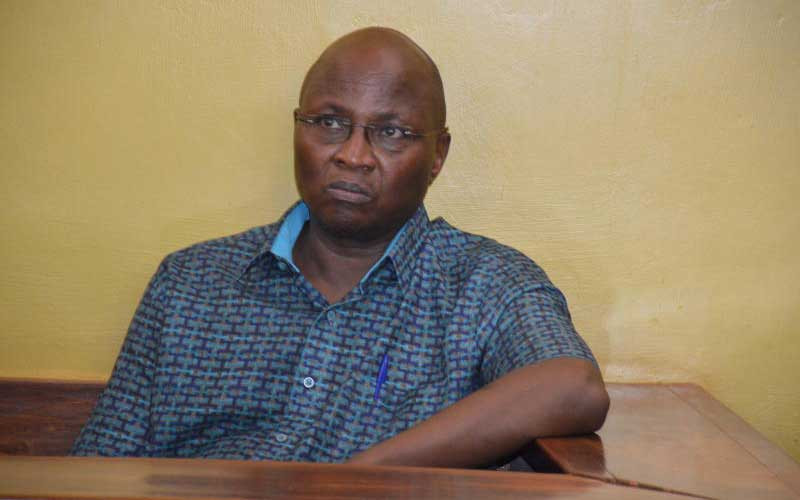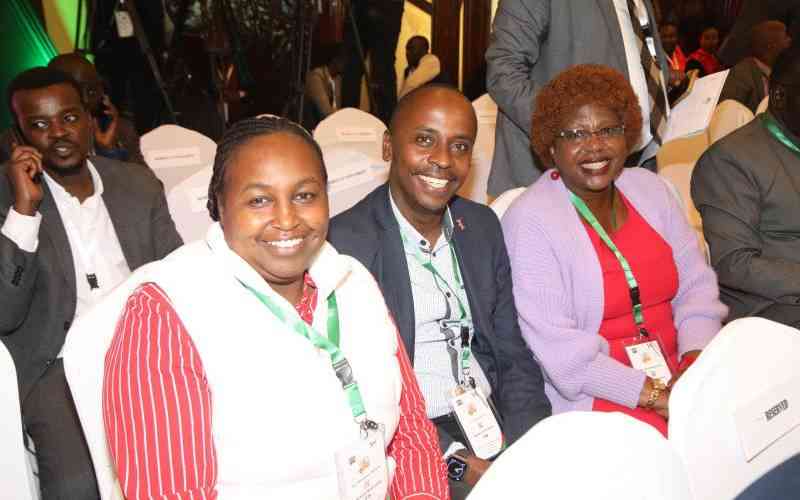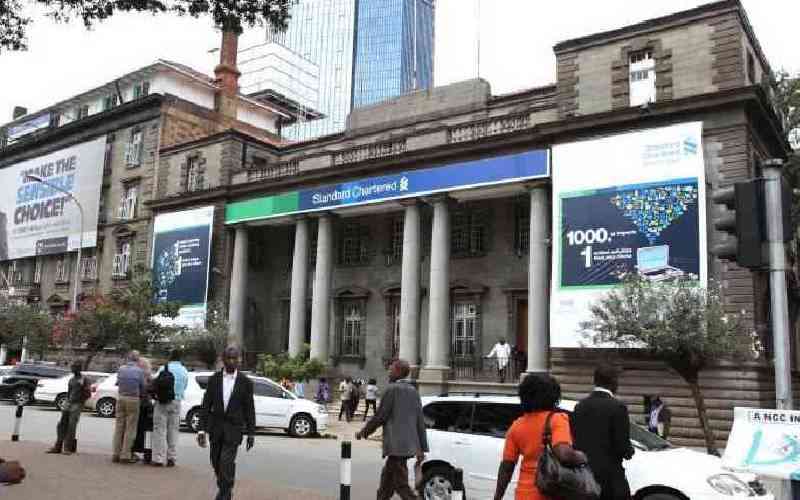
Communications Authority of Kenya headquarters in Nairobi. [Wilberforce Okwiri, Standard]
The High Court of Kenya in Milimani has issued conservatory orders against any unlawful shutdown of internet and electronic communication services.
Justice Bahati Mwamuye issued an order barring the government and telecommunication companies from unlawfully shutting down, restriction of access or service, or disconnection of the internet, data services, electronic communication platforms, social media platforms, applications or websites.
The orders come as part of an ongoing constitutional petition filed by seven organisations, including the International Commission of Jurists (Kenya Section), Kenya Union of Journalists, Bloggers Association of Kenya, and the Collaboration on International ICT Policy for East and Southern Africa (CIPESA).
The court also ordered the government to collate, preserve all information related to the alleged previous wholesale internet shutdown.




The organisations had sued The Communications Authority of Kenya (CAK), The Attorney General, The Cabinet Secretary of Information, Communications and the Digital Economy, Safaricom, and Airtel Kenya.
“This legal action responds to credible evidence of deliberate interference, including internet throttling and the blocking of the social Media platform, Telegram, during the 2023 #RejectFinanceBill protests and the 2024 Kenya Certificate of Secondary Education (KCSE) Examinations,” said Demas Kiprono, deputy executive director of ICJ.
Kiprono said the evidence of the internet disruptions, for the case, was provided by network companies Cloudflare, IODA, and The Open Observatory of Network Interference (OONI).
According to the organisations, restriction of access to the internet in Kenya happened in three occasions in 2023 and 2024, hence violating Kenyans’ constitutional rights to freedom of expression, media freedom, and access to information.
“As organisations committed to defending civic freedoms, we condemn the escalating use of digital repression to silence dissent, manipulate information flows, and erode democratic participation,” said Kiprono.
Kennedy Kachwanya, BAKE chairman, said the restriction also curtails the full realisation of economic and social rights in an increasingly digital society.
“The internet is no longer a luxury but a critical enabler of political discourse, economic transactions, and even emergency response systems. Any restrictions must satisfy stringent legal tests,” said Kachwanya.
The case will be mentioned on June 23, 2025.
Stay informed. Subscribe to our newsletter